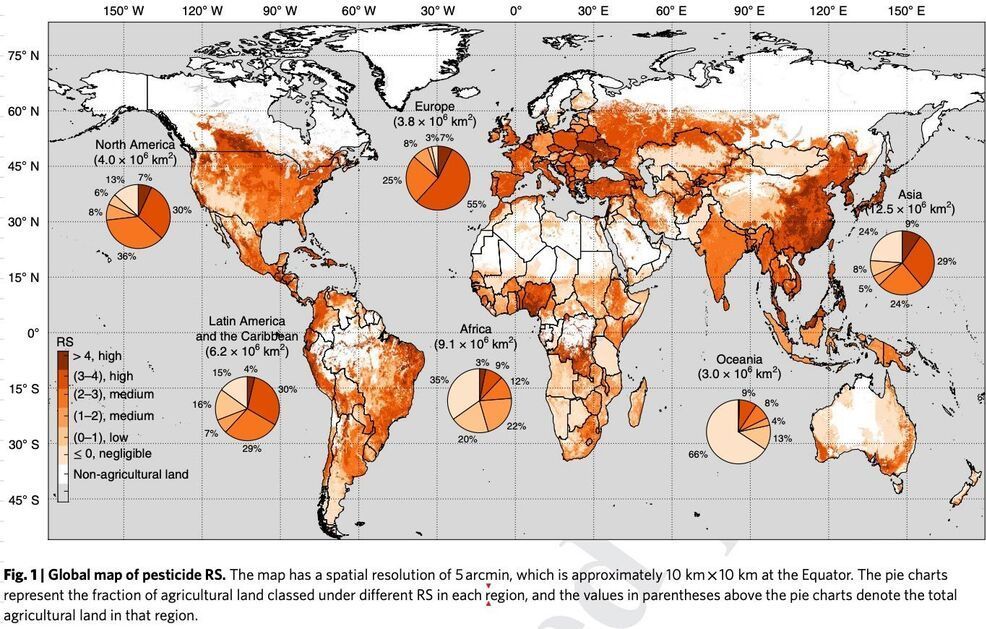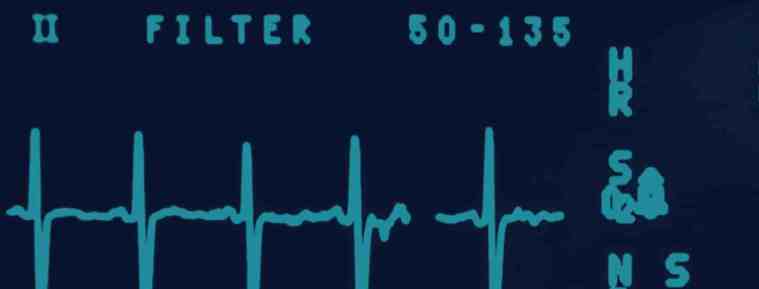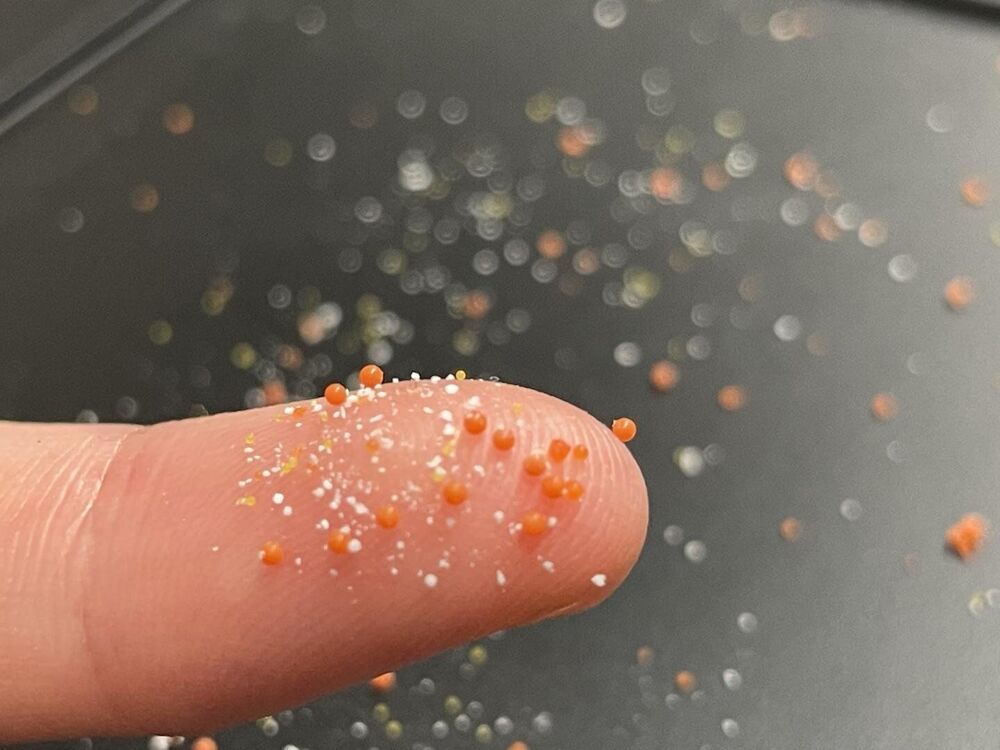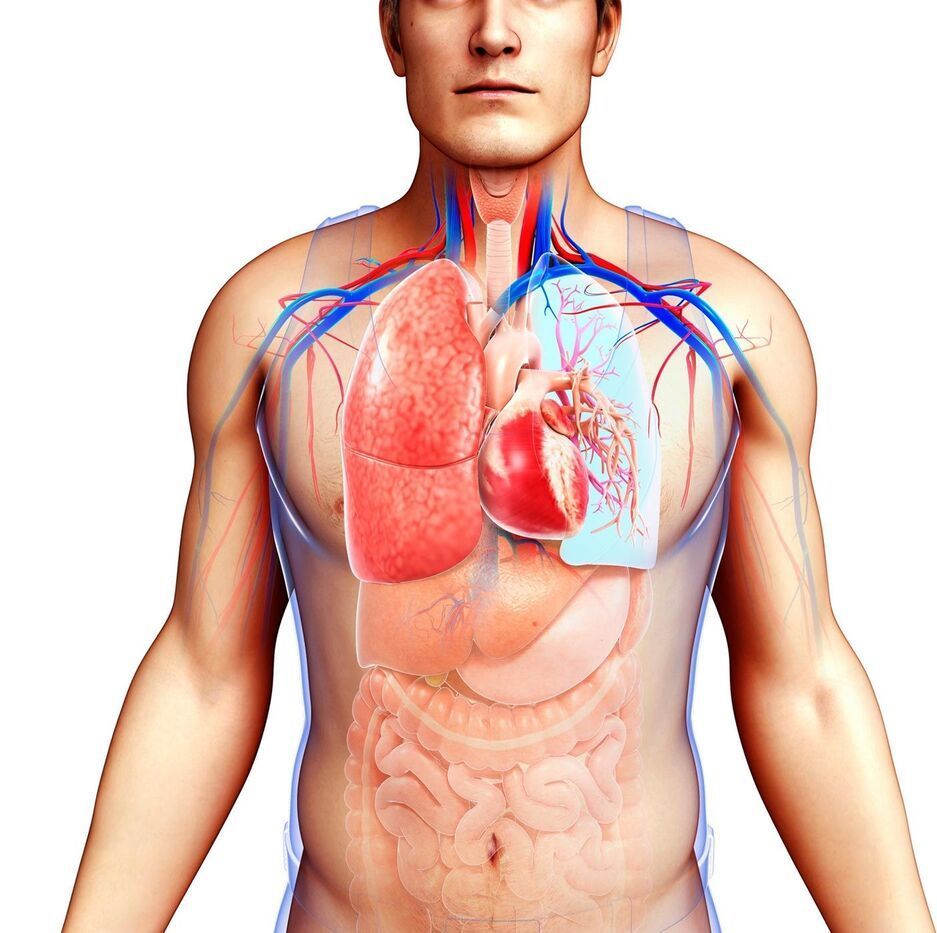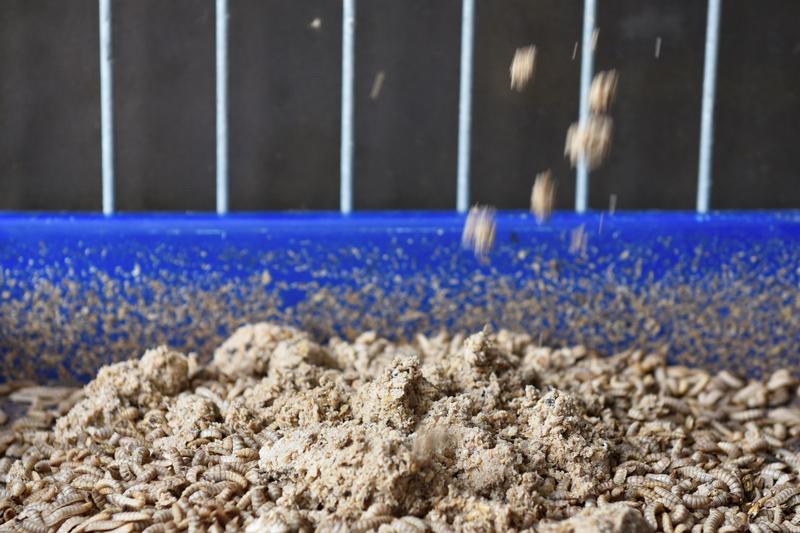Ambi Robotics has two flagship products. AmbiSort is a robotic putwall that sorts boxes, polybags, and envelopes from bulk input flow (chutes, totes, and bins) into destination containers (mail sacks, totes). Ambi Robotics claims the system works “over 50% faster than manual labor.” AmbiKit is a robotic system that builds unique kits from any item set. The company said it can be used with subscription boxes, medical kits, gift sets and sample sets for a variety of industries, including cosmetics, food and beverage, consumer goods, medical devices, aerospace and automotive.
The company’s robots are modular, but they do use suction-based gripping. Here’s how AmbiSort works. A depth-sensing camera first looks into a bin of items and analyzes the objects. After determining how to best grasp the item, the robot picks up the item with its suction gripper, holds it up to a barcode scanner, then places the item into a bin. The system then alerts a human operator when a bin is full and ready to be packed.
